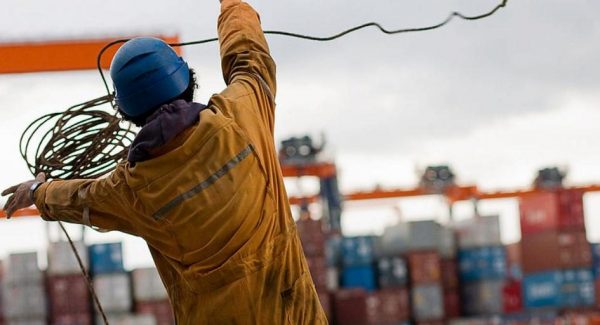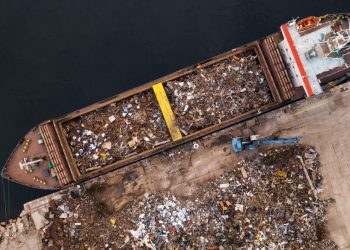The IMO Sub-Committee on Human Element, Training and Watchkeeping held its 4th Session (HTW4) from Monday 30 through Friday 3 February 2017.
Validation of Model Courses
Model courses have become increasingly important in supporting the implementation of IMO instruments, by providing relevant guidance which can be used globally by trainers and at institutes approved by national Administrations.
New courses validated:
• Basic training for ships operating in polar waters
• Advanced training for ships operating in polar waters
• Ratings forming part of a watch in a manned engine-room or designated to perform duties in a periodically unmanned engine-room;
• Ratings as able seafarer deck;
Revised model courses validated:
• Engine-Room Simulator (2.07);
• Assessment, Examination and Certification of Seafarers (3.12);
• Training course for Instructors (6.09);
• Onboard assessment (1.30);
The Sub-Committee also approved the terms of reference for review or development for the following draft model courses, to be reviewed and validated at HTW 5:
New model courses to be developed:
• Use of Leadership and Managerial Skill;
• Crisis Management and Human Behaviour Training;
• Crowd Management Training;
• Passenger safety, cargo safety and hull integrity training;
• Safety training for personnel providing direct service to passengers in passenger spaces;
• Electro-technical Rating.
Revision of model courses:
• Liquefied Natural Gas (LNG) tanker cargo and ballast-handling simulator (1.36);
• Advanced Training in Fire-fighting (2.03);
• Radar, ARPA, Bridge Teamwork and Search and Rescue – Radar Navigation at Management Level (1.08);
• Automatic Identification System (AIS) (1.34);
• Proficiency in Personal Survival Techniques (1.19)
Progress with revision of Guidelines on Fatigue
Progress was made with the comprehensive review of the IMO Guidelines on Fatigue annexed to guidance on fatigue mitigation and management (MSC/Circ.1014), which was issued in 2001.
A working group which met during the session reviewed the draft revised introduction and several updated modules, but it was agreed more time was needed to complete the task. The revised guidelines on fatigue will be further considered at the next session.
Comprehensive review of STCW-F continued
The comprehensive review of the 1995 STCW-F Convention, which provides training requirements for fishing vessel personnel continued. The review aims to update and revise the treaty, taking into account the unique nature of the fishing industry, the fishing working environment and the need to prevent damage to the marine environment.
A correspondence group was established to further the work ahead of HTW 5.
The review will result in the updating of the International Convention on Standards of Training, Certification and Watchkeeping for Fishing Vessel Personnel (STCW-F), 1995, which entered into force in 2012. The treaty sets the certification and minimum training requirements for crews of seagoing fishing vessels of 24 metres in length and above.
The review of the STCW-F Convention is particularly important since this is the only IMO instrument currently in force for the fishing industry. The review is expected to support wider ratification of the Convention.
Interim Guidance for STCW implementation approved
The Sub-Committee approved a circular giving advice related to implementation of the 2010 Manila amendments to the International Convention on Standards of Training, Certification and Watchkeeping for Seafarers (STCW), clarifying the requirements related to the provision of documentary evidence for port State control officers and other third-party inspection regimes; and clarifying the training requirements for Electronic Chart Display and Information Systems (ECDIS) required under the STCW Convention.
The advice will be issued as an STCW.7 circular on Interim Guidance for Parties, Administrations, port State control authorities, recognized organizations and other relevant parties on the requirements of the STCW Convention, 1978, as amended.
ECDIS “good practice” updated
The Sub-Committee finalized the revisions to section E on ECDIS training of the proposed updated ECDIS – Guidance for good practice (MSC.1/Circ.1503).
Source: IMO































































